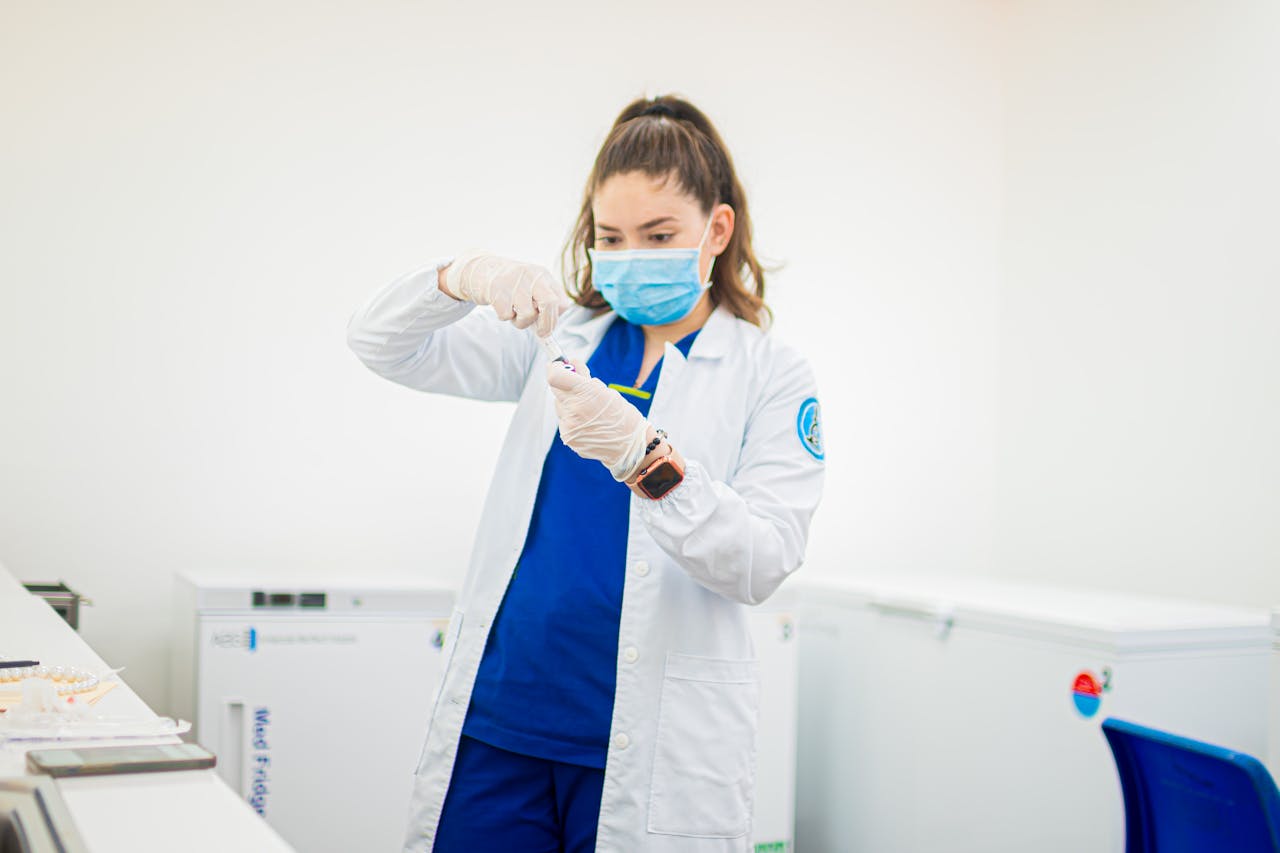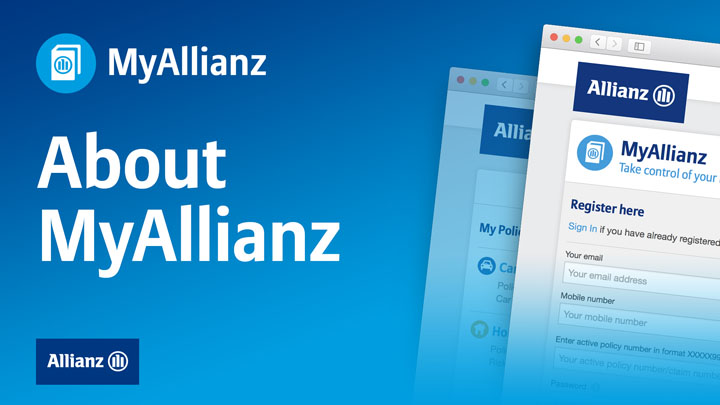OSHCstudents – After your hospital stay, there’s often lots of paperwork and costs to work through. We’ll take a look at what the paperwork means, and how to navigate the claims process for private health insurance.

If you’ve been treated as a public patient, then your treatment is covered by Medicare.
What is a Statement of Benefits?
If you’re a private patient, the first thing you’ll often see after your hospital visit is a ‘Statement of Benefits’.
After your health insurer has processed payments to your hospital and specialist/s, they’ll usually send you a statement that explains what they paid for towards your treatment.
What do I do with a Statement of Benefits?
Check through the details
It’s a good idea to check through the statement; make sure your details are correct, and to contact your health insurer if anything doesn’t seem right, or if you have any questions
You might notice that it includes costs paid to specialists that you haven’t seen in person, but have provided a service to you in hospital, such as an anaesthetist.
Forward on any other payments to your specialist/s.
Sometimes your health insurer may also include a cheque made out to your specialist with your statement. You can simply forward this on to the specialist (usually to the hospital or to their clinic).
Check your statement against any bills your specialist/s, and hospital provided you.
Before your treatment, your doctor needs to get your consent for what they’ll charge, and what you’ll need to pay. Each doctor has a responsibility to ensure you understand what they plan to charge. This is called Informed Financial Consent.
It’s important, because you’ll need to pay any ‘gap’ (or amount above what your insurer and Medicare pay) yourself. This amount that you pay is often called ‘out of pocket costs’.
Your statement of benefits tells you what your insurer paid. It’s worth checking that against what your specialist/s and hospital told you they would charge, so you know if there is anything outstanding to pay.
Out of pocket costs and your hospital excess
Usually, your hospital will have asked you to pay any excess related to your policy before your treatment.
Your hospital and specialist/s will send you a bill for any out of pocket costs above what your insurer and Medicare pays (if any).
Paying your hospital costs
If the doctor or specialist bulk bills, the hospital will send the bill directly to your insurance provider, so there’s very little paperwork for you. Where applicable, the hospital may ask you to pay any excess, a co-payment or a daily, fixed fee when you’re admitted.
If the doctor or specialist does not bulk bill, you may be asked to pay the whole amount up front. In this case, you can submit a claim form to your provider to be reimbursed for some of these fees. If you purchase OSHC/OVHC via Annalink, you can rely on us for support and we will make a claim for you.
If you’re using your cover in a public hospital, the hospital will send the bill directly to your provider.
If you’re a public patient in a public hospital, Medicare will usually fully cover your costs.
You are international students or foreigners arrive to Australia, or Australian citizens traveling abroad who are looking for OSHC, OVHC, travel insurance, please contact OSHCstudents Team at email: info@oshcstudents.com and our partners for further information and assistance.
OSHCstudents














